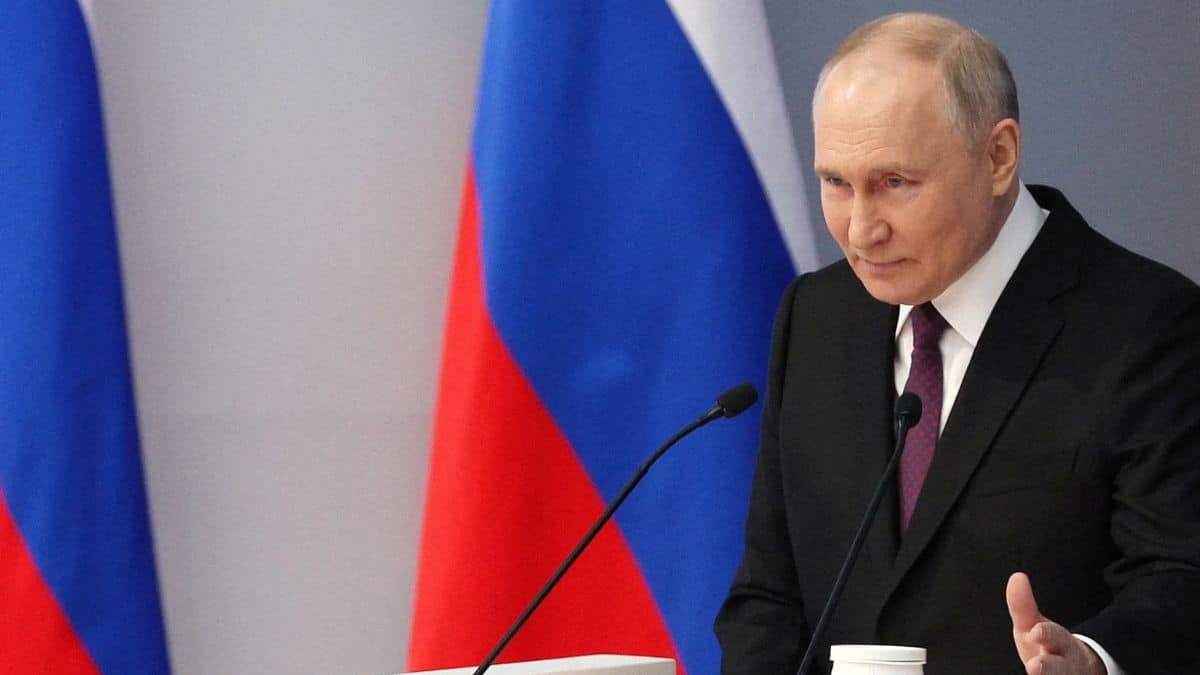Russian President Vladimir Putin has issued a warning about the possibility of new Ukrainian attacks on Russian border regions, particularly emphasizing the potential for further escalation in areas such as the Bryansk Region. Speaking on August 12 from Novo-Ogaryovo, Putin highlighted the ongoing threat posed by Ukrainian forces, suggesting that the relative calm currently observed in some border areas should not be taken as a sign of lasting peace.
The Russian president expressed concerns that Ukraine may continue its efforts to destabilize the situation along Russia’s borders, with the ultimate goal of creating internal political unrest within the country. Putin’s remarks came after receiving a detailed report from Alexander Bogomaz, the governor of the Bryansk Region, which has been one of the areas affected by the conflict.
Putin stated that although the situation in the Bryansk Region is relatively calm, this could change rapidly. He underscored the unpredictability of the situation, indicating that while the region might be stable today, there is no guarantee that the same conditions will prevail tomorrow.
In recent months, the Bryansk Region, located close to the Ukrainian border, has experienced several attacks attributed to Ukrainian forces. These incidents have included artillery shelling, drone strikes, and other forms of aggression that have raised concerns about the security of Russia’s border regions.
In response to these threats, Russian authorities have been taking steps to bolster the defences of border areas. This includes increased military presence, enhanced surveillance, and stronger coordination between regional and national security agencies. The Russian government has also been working to ensure the safety of civilians living in these regions, implementing measures aimed at protecting critical infrastructure and maintaining public order.
Despite these efforts, the situation remains tense, with the potential for further escalation. The international community continues to closely monitor the developments in the region, with concerns that further destabilization could lead to a broader conflict.

